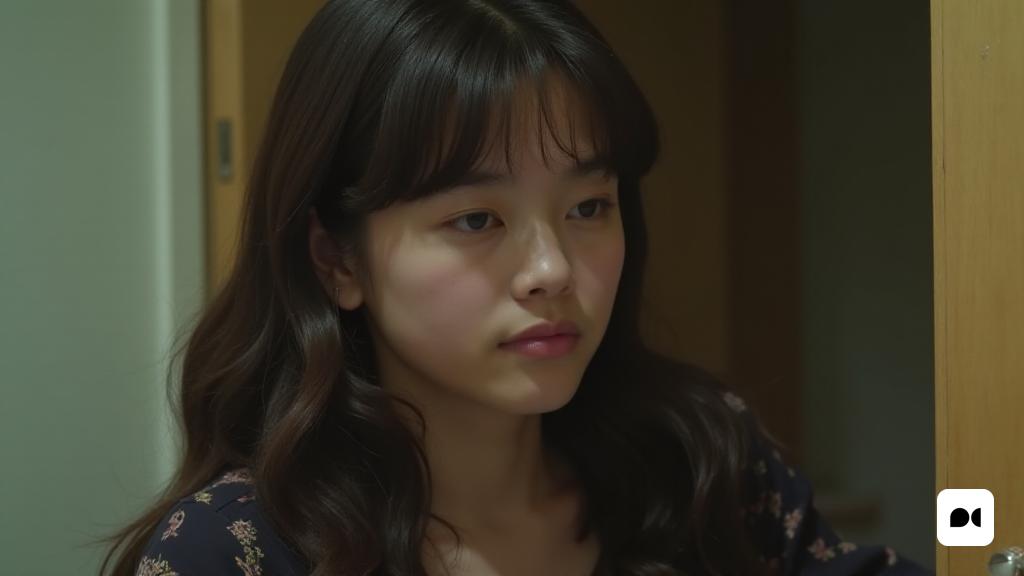A journey through youth narrative
Netflix’s ‘adolescent’ series has captured the audience, especially among the parents of adolescents. This production not only stands out for its excellent technical realization, but also for the memorable performances of Owen Cooper and Stephen Graham, who interpreting the son and the father, respectively, add an emotional depth to the plot. I recommend seeing it, preferably with your children, to open a debate on topics as complex as aggression and responsibility.
The victim: a remarkable absent
Despite the quality of the series, its shortcomings must be addressed. One of the most controversial aspects is the absence of the victim’s perspective, which is overshadowed. Although it refers to his pain through friends, his direct experience is never shown, which limits his understanding of his suffering. In contrast, the series focuses intensely on the consequences of the aggressor and his family, leaving in the background the true severity of the victim’s trauma.
Understanding the aggressor
Choosing not showing the victim’s perspective can be seen as a brave attempt to focus on what a teenager leads to becoming an aggressor. This involves exploring the roots of violence that feeds on patriarchal dynamics, a failed education system and the corrosive impact of social networks.
Social Networks: a superficial subject
One of the weaknesses of ‘adolescence’ is its superficiality in the treatment of social media. Instead of exploring their deep implications, the series presents them as an inevitable evil that affects adolescents. The role of technological corporations that take advantage of this dynamic is not properly analyzed, leaving aside the discussion of the responsibility they have in the propagation of harmful speeches.
The role of educators
The school scenario that ‘Adolescence’ paints is desolate. Teachers appear as defeated figures, without resources or motivation, which leads to a perception of education as a battlefield without space for dialogue. This portrait is not only reductionist, it also ignores the dedicated teachers who fight every day to make a positive difference.
A critical look at society
The series, despite being a work of fiction, plays a significant role in the construction of social discourse. It cannot be overlooked that, through its narrative, ‘adolescence’ can influence the public perception of violence and education. The responsibility to represent the complexity of the youth world fairly is essential, as fiction can also contribute to the construction of society models.
The power of the narrative
The way ‘adolescence’ explores the issues of violence and aggression invites us to reflect on the world we live in. The omissions and interpretations of the series may have a real impact on the way viewers perceive reality, highlighting the need for a deeper debate on these topics.

